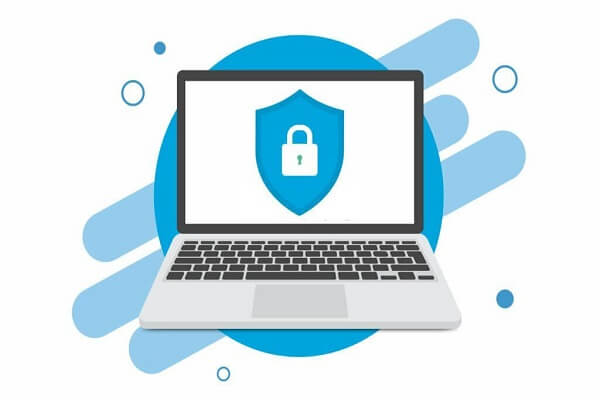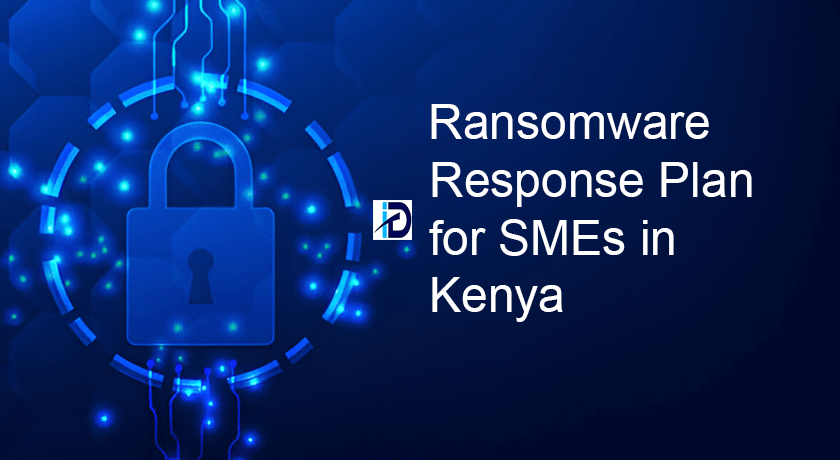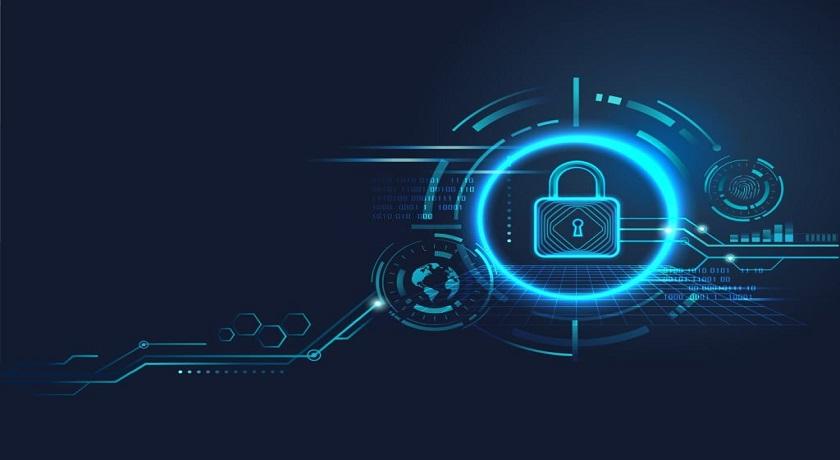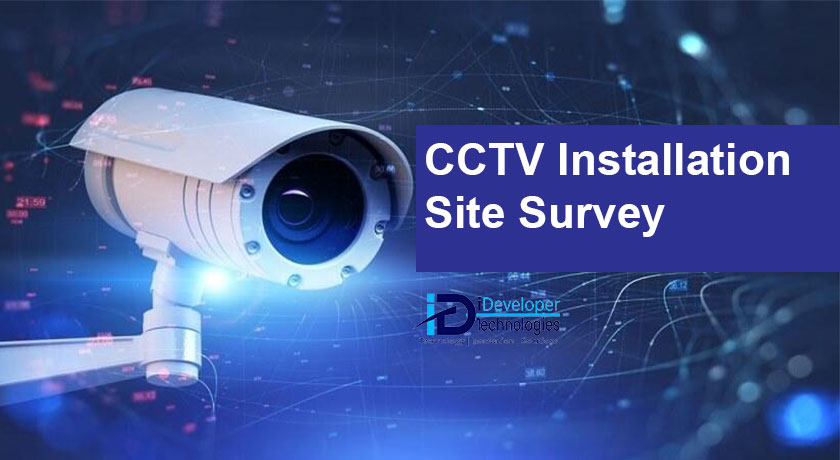Ransomware attacks pose a significant and escalating threat to businesses. Ransomware Response plan is critical…

Endpoint Security Best Practices to Keep Company Data Safe
Securing your company’s data is more important than ever in an era where businesses rely largely on digital technologies. Cyberattacks frequently target endpoints, including mobile devices, laptops, and desktop computers. Strong endpoint security measures must be put in place if you want to safeguard your organization’s critical data.
Five endpoint security best practices will be covered in this blog post to assist you in protecting your company’s data.
1. Implement a Comprehensive Endpoint Security Solution
Choosing a reliable and complete security solution is the first step in establishing endpoint security. A variety of security elements should be included in the solution you choose, such as:
Virus and malware protection: Utilize cutting-edge antivirus and anti-malware solutions to shield your endpoints from known and unknowable threats.
Firewall: Install a powerful firewall to track and manage incoming and outgoing network traffic, ensuring that only valid data enters and exits your devices.
Detect and prevent any unwanted access or potential security breaches using intrusion detection and prevention systems (IDPS).
By using a comprehensive endpoint security solution, you can protect your devices from a wide range of known and unknown threats.
2. Keep Software Up to Date with Regular Patch Management
To obtain access to endpoints, cybercriminals frequently target known vulnerabilities. Maintaining updated operating systems, apps, and security software is essential to reducing this risk. Applying patches and updates on a regular basis makes ensuring that known vulnerabilities are patched, lowering the attack surface and improving your security posture overall.
Read: What is Exactly is Endpoint Security
3. Enforce Strong Access Control
Access control is a key component in protecting corporate data. Limit who has access to your company’s devices and data by implementing stringent access control mechanisms. This comprises:
The PoLP (principle of least privilege): Give users the bare minimum of access necessary for them to do their assigned duties. Don’t grant access rights that are either excessively broad or pointless.
Authenticating users: To further secure user accounts, use strong authentication techniques like multi-factor authentication (MFA).
Password Guidelines To ensure that users create secure, one-of-a-kind passwords and frequently update them, enforce complex password regulations.
4. Utilize Endpoint Detection and Response (EDR)
Real-time monitoring, threat hunting, and forensic capabilities are offered by Endpoint Detection and Response (EDR) solutions. You may identify and look into security incidents at the endpoint level using these technologies. EDR improves your capacity to react swiftly to new attacks, decreasing potential damage and the amount of time attackers spend within your network.
5. Educate and Train Your Workforce
Effective endpoint security depends not just on technology but also on the awareness and expertise of your staff. Inform and acquaint your staff with security best practices, with a strong emphasis on the value of seeing and reporting unusual conduct. Important aspects of training include:
Phishing Education: Teach staff members how to spot phishing emails and how to stay away from clicking on nefarious links or downloading dubious attachments.
Data management Employees should get security training that emphasizes the value of encryption, strong passwords, and data backup.
Reporting of Incidents: Establish concise reporting guidelines for security issues. Make sure that every employee is aware of how to report a possible security breach right away.
If you’re looking to secure your endpoints, you can checkout our Cloud Enabled Endpoint Security Solutions in Kenya
In Conclusion
Protecting your company’s data in the digital age requires employing strong endpoint security procedures. You may dramatically improve your organization’s capacity to safeguard priceless data and uphold the integrity and security of your endpoints by putting these best practices into operation. To keep ahead of changing threats and protect your company’s data, consistently assess, and update your endpoint security plan. Security is a continuous process.



